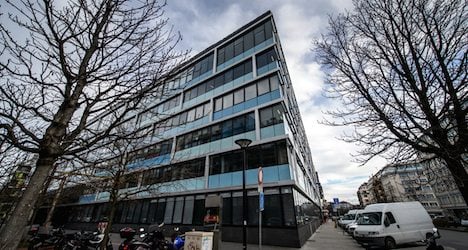Proponents of the legislation say it will create needed new housing while critics say it will do nothing to make accommodation more affordable in Switzerland’s second largest city.
The change, endorsed by around 58 percent of voters, will allow apartments converted from office, industrial, administrative and artisanal space to escape rent controls.
“It’s a good project that is going to allow the creation of hundreds of housing units,” Roger Golay, president of the Geneva Citizens’ Movement (MCG), is quoted as saying by the Tribune de Genève.
While Geneva continues to suffer a critical shortage of housing, with vacancy rates of around 0.3 percent, the share of office space that is unoccupied rose to 5.9 percent in the first quarter of 2015 from 5.2 percent in the same period a year earlier.
Right-wing parties promoted the change to Geneva’s “law on demolitions, transformations and renovations” against the opposition of left wingers and Asloca, the tenant’s association.
Asloca warned that the liberalization of the laws would result in raising the cost of housing.
It is also concerned about the removal of rental apartments from the stock of housing in the canton.
Currently around 85 percent of Geneva’s population lives in rented accommodation.
Even with controls from the cantonal government, the median price to buy an apartment is close to 9,000 francs per square metre, Asloca noted.



 Please whitelist us to continue reading.
Please whitelist us to continue reading.
Member comments